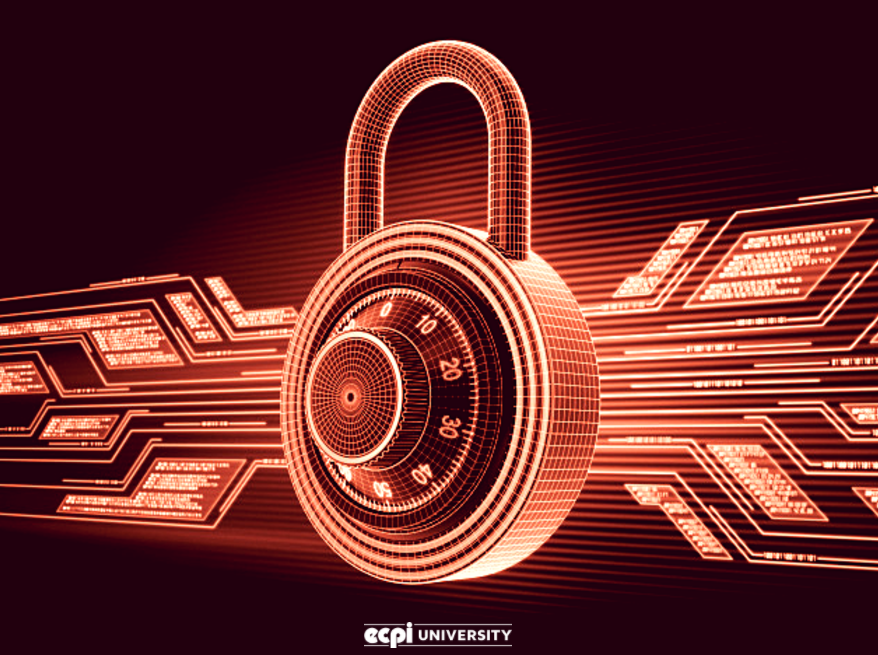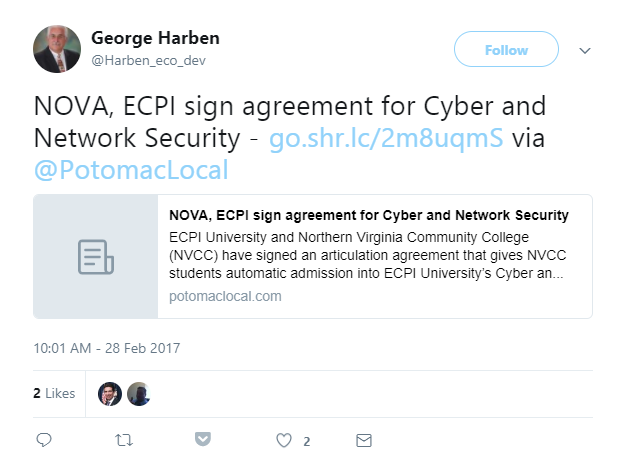Cyber and Network Security: How to Provide Protection for Digital Information
In a recent cyber-attack, over 200,000 computers in over 150 countries across the world were infected with malicious ransomware software that prevented people from accessing their data. These cyber-attacks have led to the increased demand for highly skilled cyber security professionals among non-profits, private employers, and the government.
The rapid adoption and growth of the internet has now created an opportunity for innovation and social as well as economic growth. Although there are several benefits to users joining the online world, securing the cyberspace has become more challenging.
If you recognize the attacks happening all over the world and want to be on the front lines of cyber defense, you might fit in well in the field of cyber and network security. Let’s take a look at what skills and values you need to become a part of this field and how you can get started.
What Can You Do?
There are several tools, tips, and resources that you can use to help you and your loved ones protect their privacy and security online. Take advantage of some of the available online resources to increase digital literacy skills and cyber security awareness. The steps below don’t only protect those who care about their online security but also help in creating a secure internet for many other people.
Have a clean machine: Ensure that all your devices connected to the internet, apps, and web services are using the latest software by enabling auto updates.
Secure your login details: You can do this by using strong passwords and adopting the use of authentication tools that can help you in protecting your personal information.
Remember that personal information is valuable: You should value and protect all your private information, from your geographical location to your purchase history. Ensure that you are aware of any information about you that is being shared online.
Share with care: Always think before posting anything. Consider different people who may see your post and how they may perceive it. Also, don’t post information about other people, especially sensitive information that you wouldn’t want to be posted about yourself.
If you doubt it, get rid of it: Hackers are sneaky criminals, and they often use malicious links in social media, emails, and ads to get access to personal data. Even when you know the source of certain information, and you feel that something looks suspicious, don’t open. Instead, delete it immediately.
Own and limit your online presence: Limit your friends and followers lists to people you know or recognize. Ensure that you set website privacy, individual app, and security settings to meet your unique needs.
Spam and Phishing
Cyber criminals and hackers are savvy in their attempts to lure gullible people to open attachments or click on links. Most of the emails they send are similar to those sent by financial institutions, government agencies, e-commerce websites or other businesses or services. The emails often urge victims to act as quickly as possible because their order wasn’t verified or their accounts will get compromised. To help your loved ones from such criminals, inform them to verify whether the request was legitimate by:
- Searching online whether the agency or company exists, but not by following the information in the email
- Think about whether or not they do business with this company and how recently (scammers often send blind emails and might urge someone to protect their bank account when they don’t have an account at that bank)
- Log onto the business’s website without clicking any links within the email to verify if there is something that needs your attention
You can also help protect potential victims by informing them on how to reduce spam and phishing attacks:
Spam: These are unsolicited and unwanted junk emails. Below are some of the ways to reduce spam.
- Enable filters on the email programs. Most email providers and ISPs offer spam filters.
- Protect your online presence by hiding private information from online platforms
- Report spam to prevent messages from being delivered to the inbox
Phishing: These are attacks that use malicious websites or emails to capture personal and financial details and even infect computers with viruses or malware.
Why Choose a Degree in Cyber Security?
If you’re interested in helping protect internet users from hackers and other nefarious characters in the World Wide Web, you are not alone. ECPI University offers a degree in Bachelor of Science in Computer and Information Science with a Major in Cyber and Network Security at an accelerated rate. For more information, connect with a helpful admissions advisor today.
It could be the Best Decision You Ever Make!
DISCLAIMER – ECPI University makes no claim, warranty, or guarantee as to actual employability or earning potential to current, past or future students or graduates of any educational program we offer. The ECPI University website is published for informational purposes only. Every effort is made to ensure the accuracy of information contained on the ECPI.edu domain; however, no warranty of accuracy is made. No contractual rights, either expressed or implied, are created by its content.
Gainful Employment Information – Cyber and Network Security - Bachelor’s
For more information about ECPI University or any of our programs click here: http://www.ecpi.edu/ or http://ow.ly/Ca1ya.





